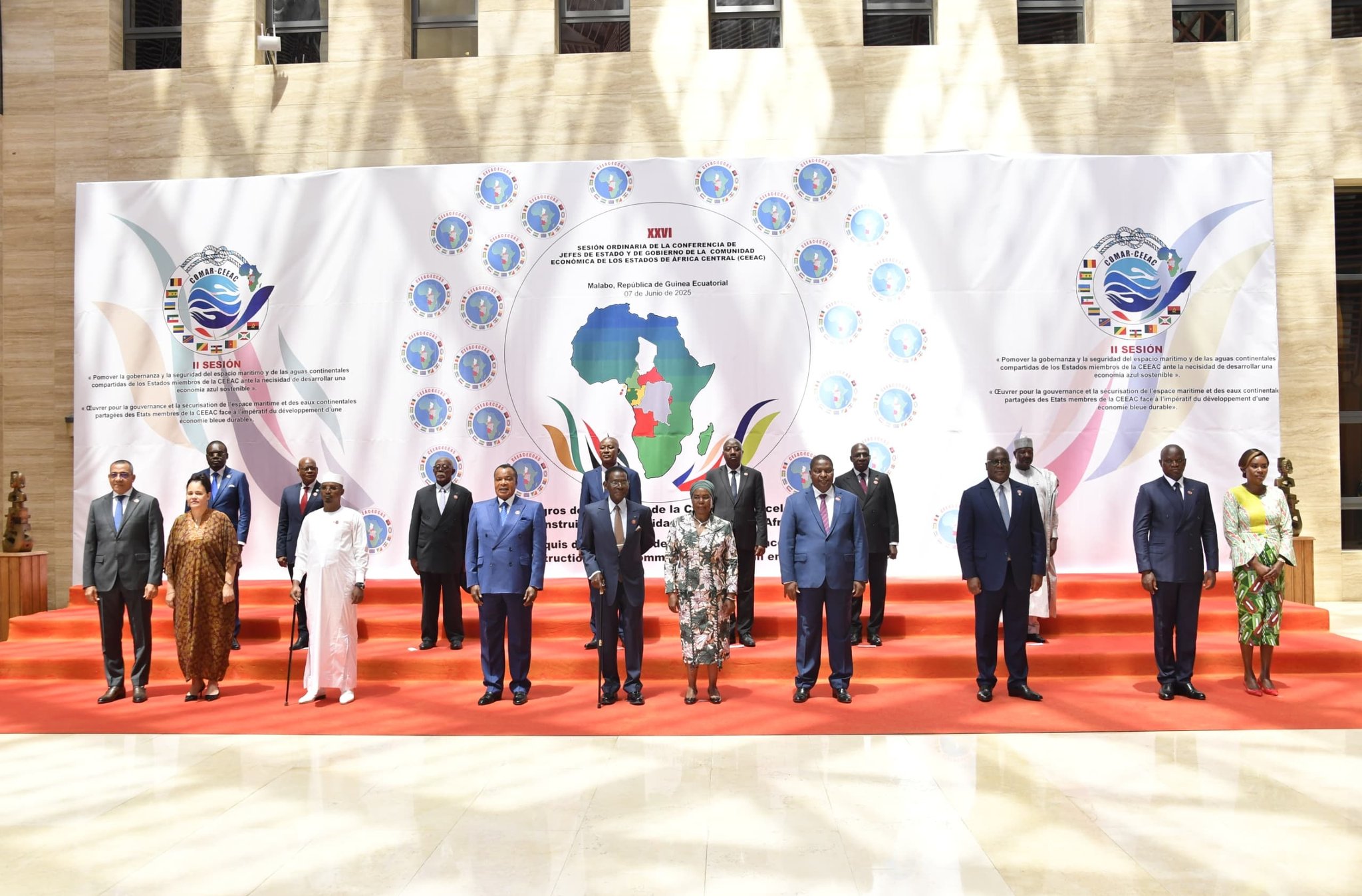
Rwanda quits from Central African bloc after being denied rotating Chairmanship, blames DRC » Capital News
NAIROBI, Kenya Jun 8 – Rwanda has announced its withdrawal from the Economic Community of Central African States (ECCAS).
In a statement issued by the Ministry of Foreign Affairs and International Cooperation, Rwanda protested the bloc’s decision to install the DRC as chair, a role Rwanda claims it was designated to assume at the summit held in Equatorial Guinea.
“Rwanda deplores the instrumentalisation of the Economic Community of Central African States (ECCAS) by the Democratic Republic of Congo (DRC), with the support of certain member states. This distortion of the organisation’s purpose was once again evident during the 26th Ordinary Summit held today in Malabo, where Rwanda’s right to assume the rotating chairmanship, stipulated in Article 6 of the Treaty, was deliberately ignored in order to impose the DRC’s diktat,” the statement read in part.
ECCAS, founded in 1983, was established to promote regional economic integration and cooperation in sectors such as industry, transport, energy, agriculture, finance, education, and technology.
Rwanda said it had previously raised concerns with the African Union over what it describes as repeated violations of ECCAS protocols.
It argued that the inaction and silence reflect an inability to uphold its own governing principles.
“Rwanda had already, in a letter addressed to the Chairperson of the African Union, denounced its illegal exclusion from the 22nd Summit held in 2023 in Kinshasa under the DRC’s presidency. The silence and inaction that followed confirm the organisation’s failure to enforce its own rules,” the statement added.
The Rwandan government maintains that its exclusion constitutes a serious infringement of its sovereign rights as guaranteed under ECCAS founding documents.
“Rwanda denounces the violation of its rights as guaranteed by the constitutive texts of ECCAS. Consequently, Rwanda sees no justification for remaining in an organisation whose current functioning runs counter to its founding principles and intended purpose,” the Ministry concluded.